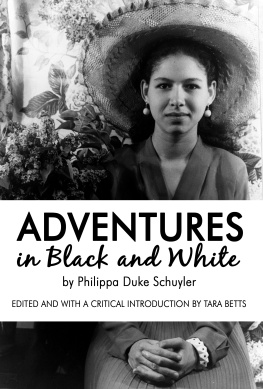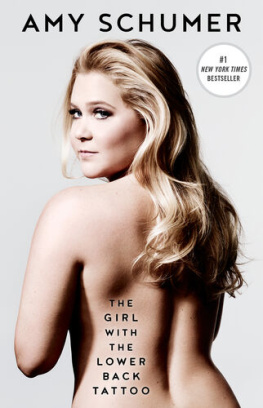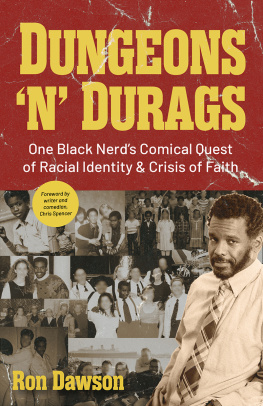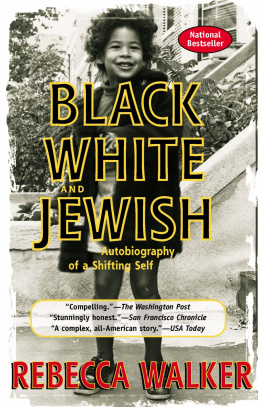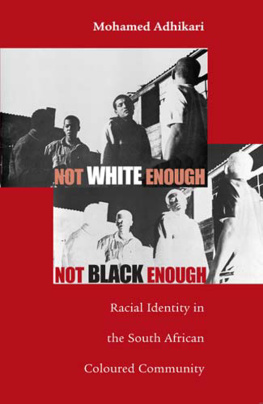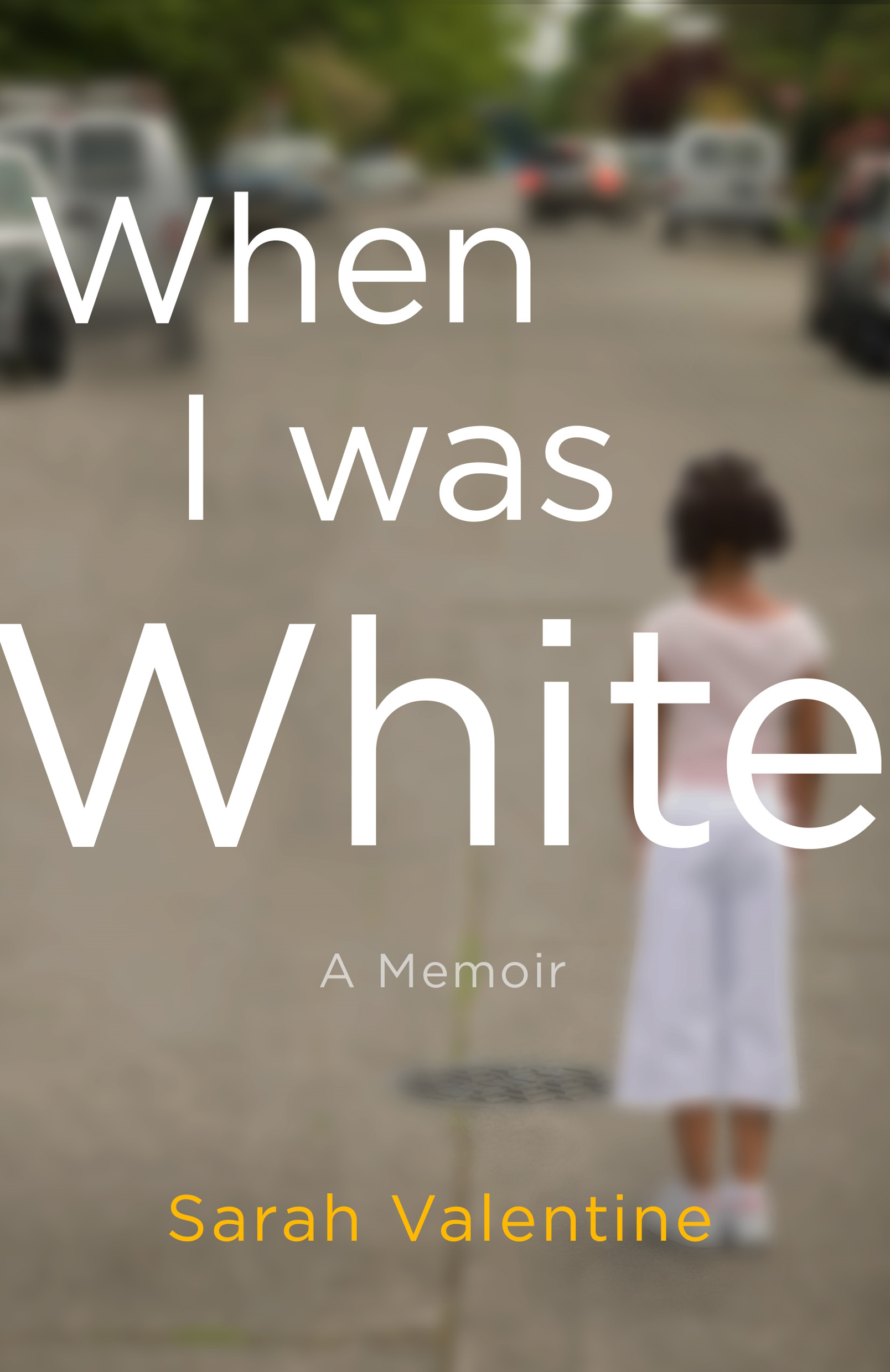Memory is imperfect, and I have truthfully portrayed the events and conversations described in the book to the best of my recollection. I recognize that others memories of these events and conversations may differ from my own. To that end, some names and personal details have been changed or omitted to protect the identities of those portrayed in the book. I would like to thank my friends and family for being positive, supportive influences in my life.
In lieu of a public acknowledgment, I have chosen to thank all of the wonderful people involved in the creation and production of this book privately.
On my first day of school, my mother dressed me in a red plaid dress with a white top and an apple-shaped pocket. She pulled my hair into neat, tight pigtails with red plastic balls on the hairbands. She held my yellow raincoat so I could push my arms through the sleeves and steadied my galoshes so I could place my feet into them one at a time, my hands holding onto her shoulders for support. She handed me my Wonder Woman lunch box. Inside were a carefully wrapped sandwich, fruit and a cookie, a thermos filled with hot chocolate, and a napkin on which she had colored a sunny scene with flowers and bluebirds. You are my sunshine, it read.
She drove me to the bus stop in our blue station wagon in the rain. Fall leaves littered the street, disappearing into deep puddles. The rain rushed down the sidewalk gutters into the grates below the street. Looking out the window, I wondered where the dark grates led.
Where does all the water go? I asked my mom, but she had her eyes on the road: my little brother Patrick, who had just turned one, was in a car seat in the back.
I was five. My dad, who was at work, was twenty-six. My mom, already a mother of two, was twenty-five.
When we arrived at the bus stop, my mom got out of the car and held an umbrella over my head. The school bus sat idling a few yards away, the exhaust rising in thick plumes.
She bent down, straightened my collar, and said, Have fun. Be good. Dont miss me too much.
I was ready to go; Id never ridden a school bus before.
The doors cranked open, and I turned to the waiting mystery, my first journey away from home. My mom grabbed my sleeve, and I turned back around.
Remember, I love you, she said. My little girl, my sunshine. I love you so much.
I love you, too, Mommy! I said and gave her a hug in my rain-slicked coat.
I ran onto the bus and waved to her out the window from my seat as we pulled away. Standing under the umbrella next to the station wagon, her hair long and brown, she waved back.
I couldnt see that her eyes were filled with tears.
We went to Catholic school, got dressed for church every Sunday.
St. Alexis, named for the patron saint of beggars, was a plain church with a school, orchard playground, rectory, and convent, all situated around a parking lot that doubled as our kickball field. A statue of the Virgin Mary greeted you when you drove up the winding tree-lined road and entered the church grounds.
The whole town of Wexford was like that: winding and tree-lined. It sat in the North Hills of Pittsburgh, a suburb of gray skies, car dealerships, and graveyards but also of rolling hills, green lawns, and fireworks in July.
We lived in a cozy town house in a neighborhood called Hickory Hills that bordered the woods. Pat and I had our own bedrooms, and when my youngest brother, Tommy, was born, he slept in a crib next to my parents bed. I had fun chasing our cat, Kitty, into the converted garage basement, until she ran behind the furnace, which was blocked by my dads old weight bench. Running down the steep hill across the street revealed a park surrounded by maple groves. From the highest point on the swing I could see the tops of the trees that disappeared into the ravine below.
St. Teresa of Avila, St. Sebastians, and St. Alphonsus were all located in the North Hills, but my parents picked our neighborhood because it was closest to St. Alexis. Maybe they liked its humble patron, or maybe they liked that the school had an accelerated learning program that was intended to be college preparatory. The church was originally built to be the school gymnasium, so it was flat, rectangular, and unadorned. But the back wall had been replaced with glass and gave on to a stand of pines behind the church. Above the altar, a larger-than-life crucifix hung from the ceiling, contrasting the view of tranquility with a portrait of grim death.
Father Rogers founded St. Alexis in the 1970s. He was a gruff older man who sped through the Apostles Creed and kept his homilies short so his parishioners could get home in time to watch the Steelers play on Sunday. The services of the younger priest, Father Kunkel, were more thoughtful, and he took time to talk to the parents after mass. Five nuns, the Sisters of the Holy Spirit, lived in the convent. They, along with a handful of laywomen, were our schoolteachers.
My mom was one of the nuns favorite parents. She baked banana bread and zucchini bread that she gave me to drop off at the convent.
Tell your mother I said thank you, said Sister Stephanie, my first-grade teacher. Then she leaned down closer. But dont tell her the braided loaf she gave us was raw on the inside!
I liked Sister Stephanie. She had a kind, round face that beamed with mischief under her veil. I didnt like Sister Anselm, who would become my fourth-grade teacher. With a pinched face and small round glasses on the end of her nose, she bristled with righteous disapproval.
One day when she was visiting the other classrooms, she leaned over my desk and asked, What are you drawing?
I showed her my drawing of a fluffy cat that I thought was quite lifelike.
She drew back and made a noise of disgust. Then she took the drawing and put it on her desk, which meant I was never going to get it back. I was confused by her reaction until Sister Stephanie came over to reassure me.
She thinks cats are the devils children, she said with a wink.
When I was at St. Alexis, I wanted to be a nun. Except for crotchety Sister Anselm, they seemed sweet and serene. Their long black-and-white robes, the black veils edged in white intrigued me, like they were part of a secret order and knew something we didnt. Our school did not endorse corporal punishment, so I never experienced the ruler or stick that was common in stories about Catholic school.
On Friday mornings we attended mass. After communion, Father Rogers gave a short homily.
Strive to be like Mary, he said. For she was without sin and submitted to Gods will.
We bowed our heads in silent prayer, supposedly to ask Mary for her guidance. I pictured the Virgin in her white veil, blue cape, and white tunic, a golden halo rising from her head. She had long brown hair like my mom.


